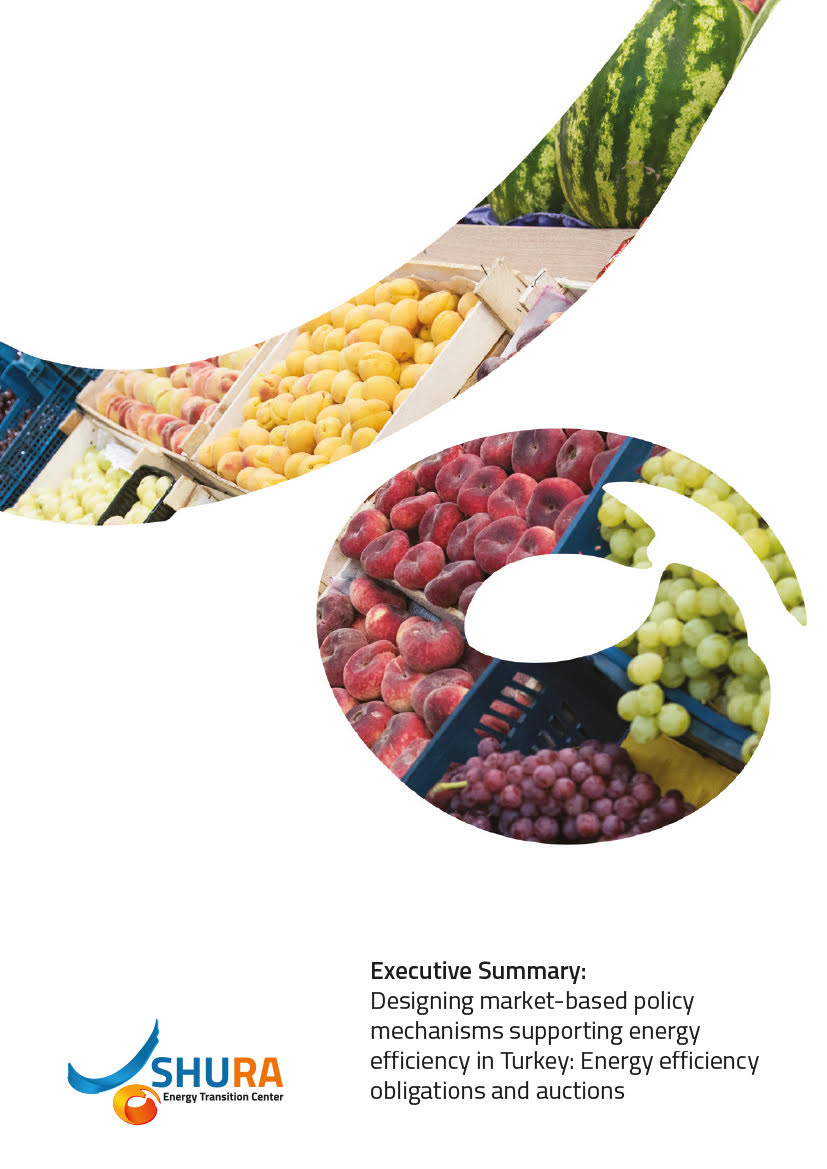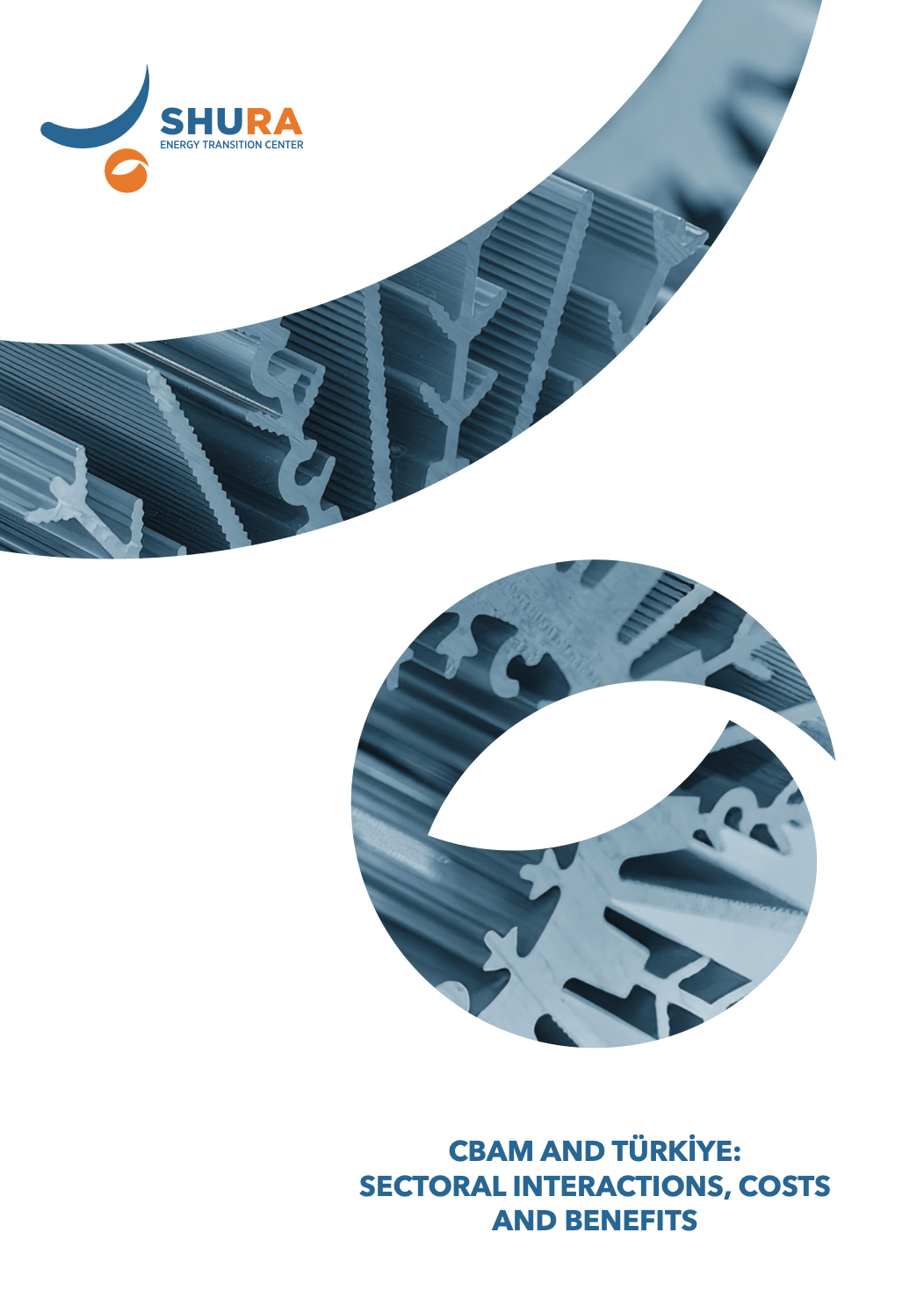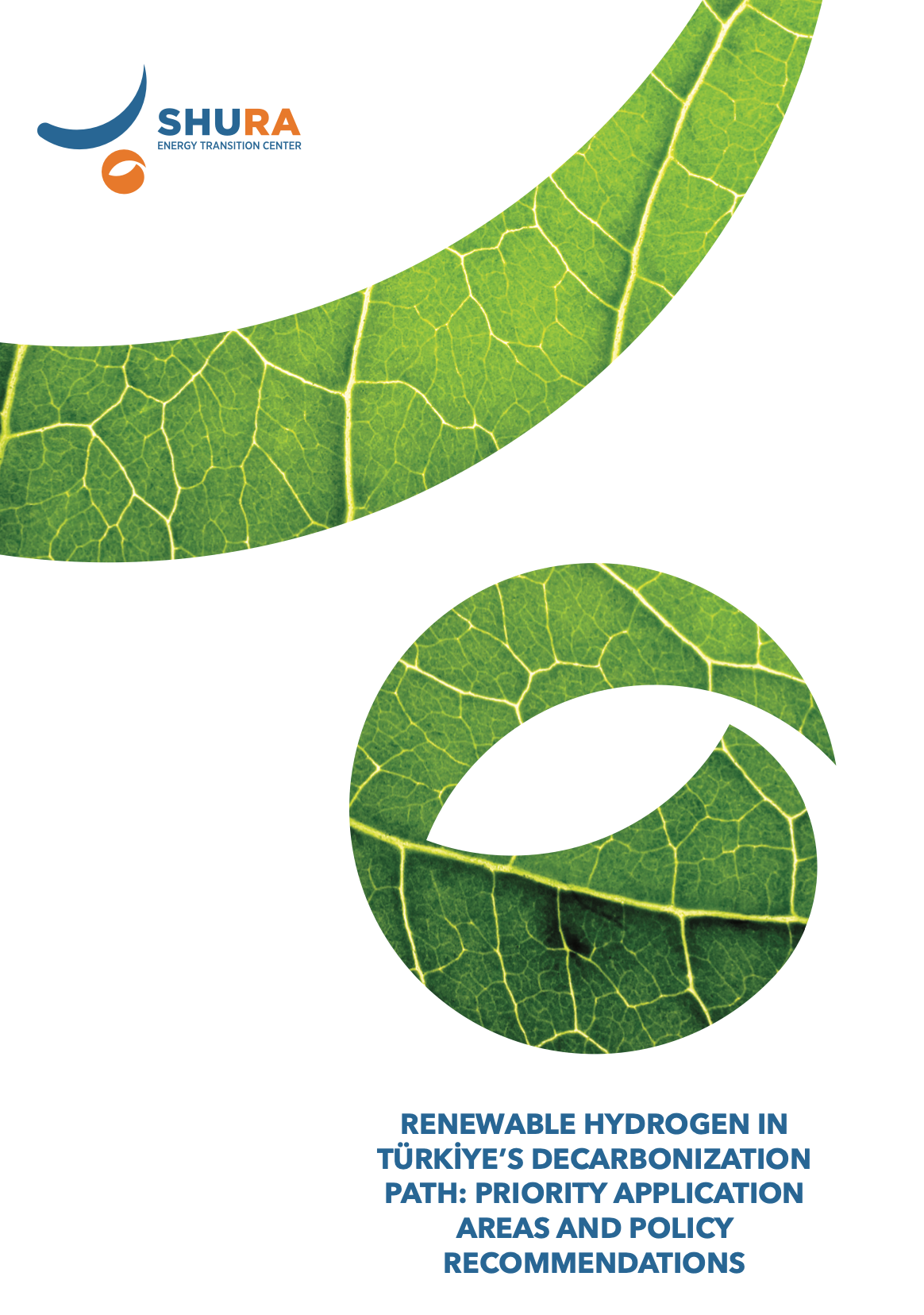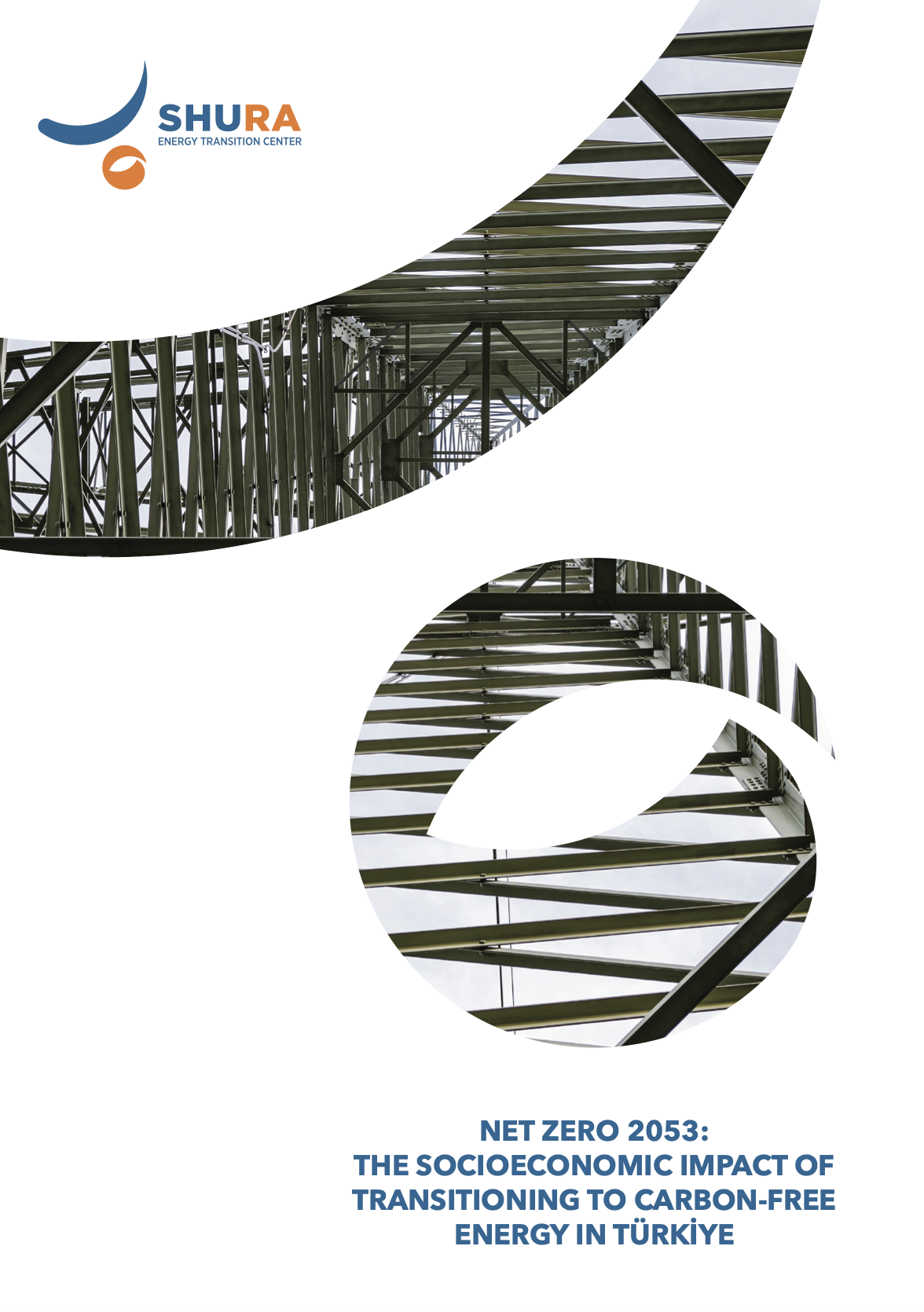Energy efficiency is at the center of Turkey’s all strategies around energy and environment, as a primary energy source. According to SHURA’s “The Most Economical Contribution to Electricity System in Turkey: Energy Efficiency and New Business Models” published in October 2020, there is an additional saving potential of 10% in 2030, beyond Ministry of Energy and Natural Resources’ 2017-2023 Demand Projections, through the whole electricity system. This potential translates to 49 TWh gross savings in 2030, with 6.6 TWh electrification, and thus net savings of 42.3 TWh.
According to the results of the analysis, it is possible to reach one third of this net savings potential through market-based policy mechanisms. It is advised to put market-based policy mechanism tools into practice as soon as possible, especially in order to ensure low-cost and effective technology applications that support Turkey’s detailed and comprehensive current energy efficiency legislations and related updates.
The main purpose of SHURA’s “Designing market-based policy mechanisms supporting energy efficiency in Turkey: Energy efficiency obligations and auctions” study is to develop policy recommendations for structures and policy recommendations for the implementation of energy efficiency obligations and auctions, around 22 design features. Energy efficiency obligations and auctions are planned to be Turkey’s main energy efficiency policy mechanisms, and have the potential to make a significant contribution to Turkey’s energy transition. For this purpose, the design features and financing mechanisms are analysed for these policy mechanisms in an international scale, covering electricity as the main fuel; the current situation in Turkey is analysed especially in terms of energy efficiency and climate policies; a benchmarking study is carried out and gaps are assessed comparing the international experience and Turkey’s situation around design features; and structure proposals and policy recommendations for implementation of the policy mechanisms are developed through detailed and multi-stage stakeholder interviews.





